Dr. Karen Arscott has practiced medicine in a variety of venues, most recently caring for patients with substance use disorder. She’s also a two-time lung cancer survivor, a vocal advocate and a member of GO2 for Lung Cancer’s National Ambassador Council. Not initially in an at-risk category, her first diagnosis was an incidental finding; the recurrence was discovered during surveillance following surgery for her initial stage IA diagnosis. We talked to Dr. Arscott about her perspective as both a patient and a physician, as well as what drives her lung cancer awareness and advocacy activities.
How has being a two-time lung cancer survivor changed your perspective as a physician?
It has changed my life. I now know what a patient feels like. For example, telling a patient to not worry when they are having a scan or test is simply dismissing their fears. During one of my surveillance scans I expressed my fear. My surgeon said to me, “we now know that you have this history of lung cancer. We will follow you and catch it early if it returns.” For some reason that eased my fears. That was empathy – that physician understood my fear.
What advice would you give to others diagnosed with lung cancer?
Always get support first thing. Talk to someone who has been there and understands what you are going through. Lung cancer can feel very lonely due to the stigma and bias.
There’s one other thing I feel strongly about: When I was diagnosed with stage IIIA lung cancer and I knew the prognosis was not great, I told my husband that lung cancer may take my future but it would not take my present. I was going to live and enjoy life. I wanted people to continue to make me laugh and not feel sad. I believe that was one of the most powerful and important things I did for not only me but my family as well.
You have helped raise awareness for lung cancer for over a decade as the founder of the Scranton, PA, annual Shine a Light vigil. How has the vigil influenced both you and others who have been impacted by lung cancer?
The vigil has given an outlet for people touched by lung cancer. My group is composed of all kinds of people, and we care about each other. They did not know how to act following a lung cancer diagnosis—and mostly after the death of their loved one. They wanted to do something, anything. Our group provides them an opportunity to do something and to make a difference.
You’ve been involved with many GO2 for Lung Cancer advocacy efforts, including serving on our National Ambassador Council and attending the Lung Cancer Voices Summit. What motivated you to join these efforts?
I feel that I am in a unique position. I am a physician and I developed lung cancer without any known risk factors. As I was educated about lung cancer, my husband (also a physician) and I both learned so much that there was no way we could keep silent. As board-certified physicians, we both were shocked at the lack of research and the dismal change in prognosis over the last 40-50 years. We felt obligated to speak out and do whatever we could to help those impacted by lung cancer—and their families.
Join us May 16-17 for the free, virtual 2022 Lung Cancer Voices Summit uniting lung cancer advocates from across the country. Register today!

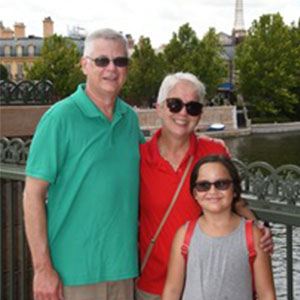
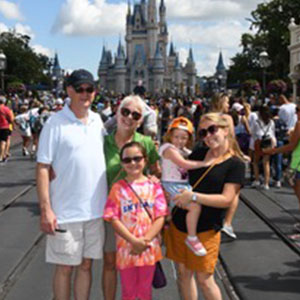
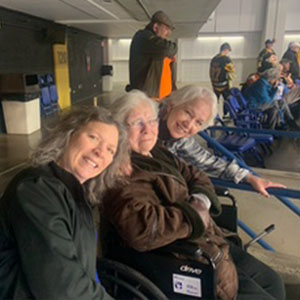
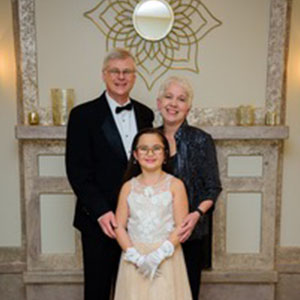
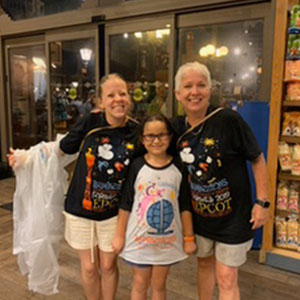
Leave A Comment